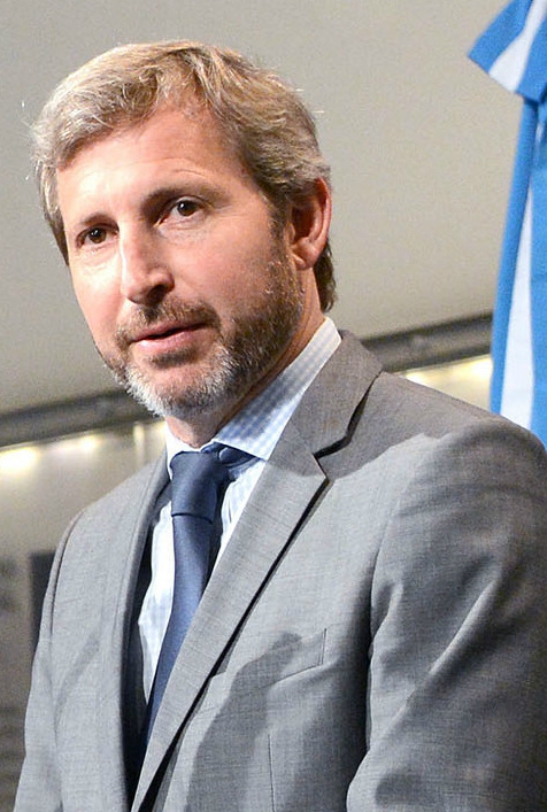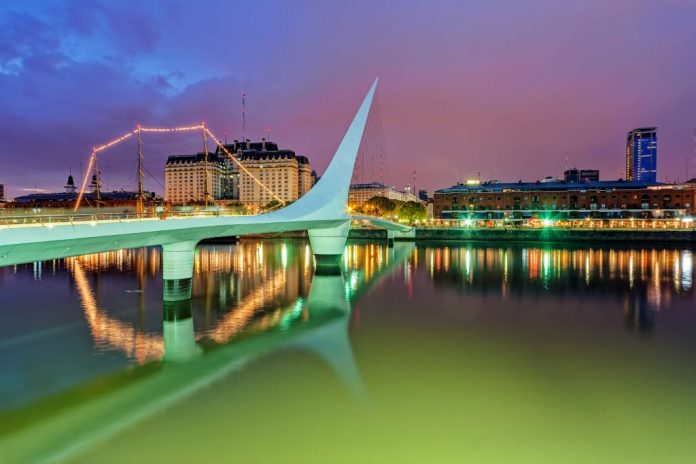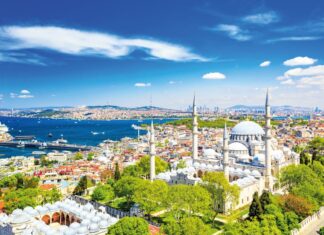By Rogelio Frigerio*
When Argentina attracted leading experts in the field from around the globe to converge in Buenos Aires for the IWA Water and Development Congress in November, it provided an opportunity to show the world how much our country has changed its perspective on how best to tackle water challenges.
When in 1999 Argentina previously hosted the IWA Water and Development Congress, the country was going through a deep recession. Our unemployment rate was 14.3 percent and the poverty rate had risen to 26.7 percent. That scenario was the prelude to the worst economic, political and social crisis in our history. The country has since undergone major transformations that helped us overcome the political crisis. But even today, reducing poverty in the country and achieving sustained economic growth remain pending issues.

In the 21st century, seven million Argentinians still don’t have access to clean drinking water and close to 20 million have no sewer service. These numbers show the challenges we must deal with as a country. It’s also why President Mauricio Macri has developed an ambitious National Water Plan, which aims to ensure all Argentinians have secure access to drinking water, and nearly 75 percent have sanitation coverage.
The National Water Plan defines the four main components of water policy as: clean water supply and sanitation; large scale multi-purpose water infrastructure and biomass; use of water for production, mostly increasing the smart use of public-private partnerships to extend the agricultural frontier, allowing clean industrial development and foster tourism; and adaptable water management and policies to deal with climate change and variability.
We believe it is our job to ensure that every person living in Argentina has access to drinking water and sanitation services, as well as to build multipurpose dams for the generation of energy and the use of water for industry, with the purpose of increasing the level of agricultural production. It is also important to carry out long overdue water infrastructure improvements to mitigate the impact of increasingly severe floods and droughts.
President Macri has set forth three main goals to achieve in his term of office: combat drug trafficking, reduce poverty and bring Argentinians together. If we develop the National Water Plan in an effective and responsible way, investing in the required planning and preparation, we will have a positive impact on our country. Indeed, delivering clean water and sanitation will help reduce poverty, improve health, meet energy targets, and contribute to the well-being of the population at large.








